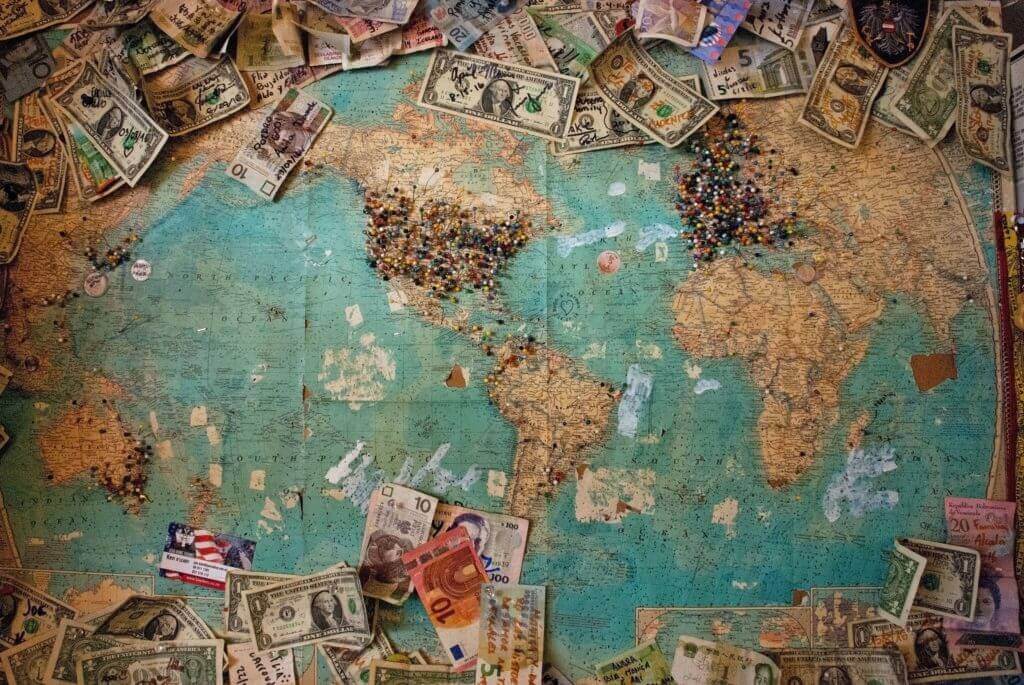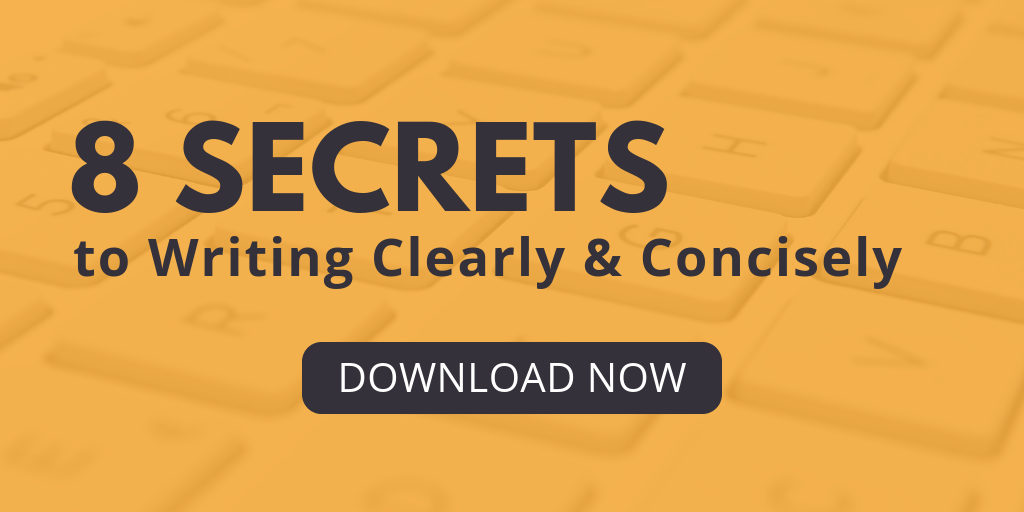If you conduct research for an established nonprofit or public charity, you already have channels to funding. But if you are an individual seeking sponsorship, you will need help. For international research grants, these resources are a good place to begin:
Colleges and Universities
Students, teachers, administrators, and alumni at colleges and universities often have access to sponsored grant programs. Ask someone in your department office or another contact to help you find these opportunities and coordinate your international research grant requests.
Local Chapters of National Organizations
One of the best-kept secrets in the grant world: Although national organizations often receive hundreds or thousands of proposals— making it less likely that someone will read yours— they usually have local chapters, too, and the people there have more time to read the smaller number of proposals sent to them.
Books
Although most of us now research online, a few publishers still release books annually with lists of grants available to foundations and individuals. But be sure you have the latest version. Older editions might give advice or list funding sources that don’t reflect current research grant practices.
Online
With links to thousands of published sources about international research grants, Grants.gov is probably the most valuable website to find grants. But remember that donors who list their grant opportunities publicly are likely to be overwhelmed with requests, so use the web only as a launching point. Social media, especially LinkedIn and industry-specific sites, can also connect you to people and institutions with many grant opportunities.
Writing Strategies
Once you know where to apply, make sure your writing impresses the grant committee. Crisp writing shows that you’re intelligent, that you care about doing a good job, that you know what you want to do and aren’t trying to hide a weakness with unclear language. And if you don’t succeed? Keep trying. Thousands of individuals and organizations provide billions of dollars each year for international research, and they have to give the funds to someone. It might as well be you. A proofreading tool like WordRake can make the difference.
About the Author
Caroline Engle is WordRake’s Marketing Communications Specialist. She convinced WordRake to hire her as an intern after placing in editing competitions and writing a novel in a month. When she isn’t editing or writing copy, coordinating conference logistics, or helping improve WordRake’s functionality, she’s reading, going on ten-mile walks, or looking up flight prices. Connect with her on LinkedIn here.









